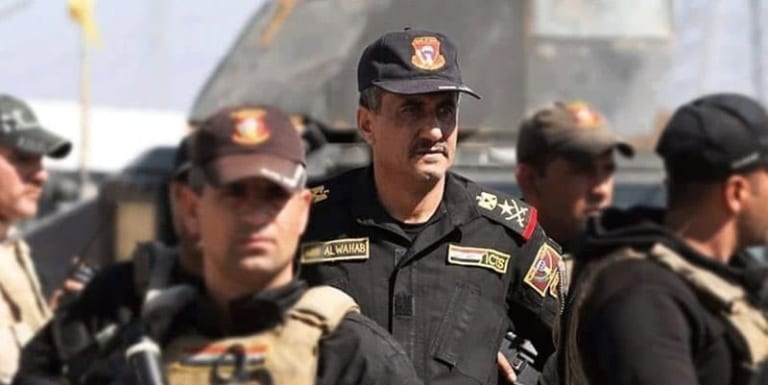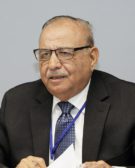
For some time now, the Iraqi military and security establishments have exhibited certain structural and discipline problems. The structural issues are fundamental and pertain to the ambiguity of the hierarchical chain of command and the malfunctioning of various command apparatuses within the institutions themselves as well as between them and the political leadership of the country. The poor functioning of the establishments has resulted in the deterioration of discipline in various formations and among the troops, and particularly in the failure to fulfill combat missions in a standard military tactical and operational manner.
However, the most serious issue facing the Iraqi military and security establishments is the large-scale intervention in their affairs by the dominant political parties, on the one hand, and the commander of Iran’s Islamic Revolutionary Guard Corps Quds Force, General Qassem Soleimani, on the other. Both interventions have figured prominently in the daily workings and operations of the Iraqi armed forces.
Two critical indicators of this intervention and the associated malfunction have surfaced over the last few days. The first was the order by Iraqi Prime Minister Adel Abdul-Mahdi eliminating the office of Deputy Commander of the Popular Mobilization Forces (PMF), Abu Mahdi al-Muhandis, practically meaning his firing, despite his status as Soleimani’s protégé and Iran’s friend within the PMF. Thus far, it is not clear whether this action was taken in the aftermath of Muhandis’s statements blaming the United States for the repeated targeting of PMF camps, or if it is a result of the conflict between him and the nominal head of the PMF, Faleh al-Fayyad. Thus, the question remains as to whether his firing is in response to American pressures or an attempt by Prime Minister Abdul-Mahdi to exercise his power and consolidate his authority over the Shia militias, which have become a nuisance and a headache for the government. It is possible that Abdul-Mahdi, who is seen as an indecisive leader, has coordinated his move with both American and Iranian officials to secure political backing in case of potential backlash.
The second prominent event last week was the removal of Lieutenant General Abdul-Wahab al-Saadi from his post as commander of the counterterrorism forces, the only highly disciplined and trained force in the Iraqi military institution and one that was established and trained under American auspices. Although cashiering Saadi was criticized by the Iraqi street, Abdul-Mahdi justified his decision this time by referring to the recommendation of Saadi’s direct superior that the counterterrorism forces did not need two commanders. General Saadi has reported to his new post, but his case reflects the deep frictions between the commanders as well as between the military and security establishments and the various political entities in the country.

